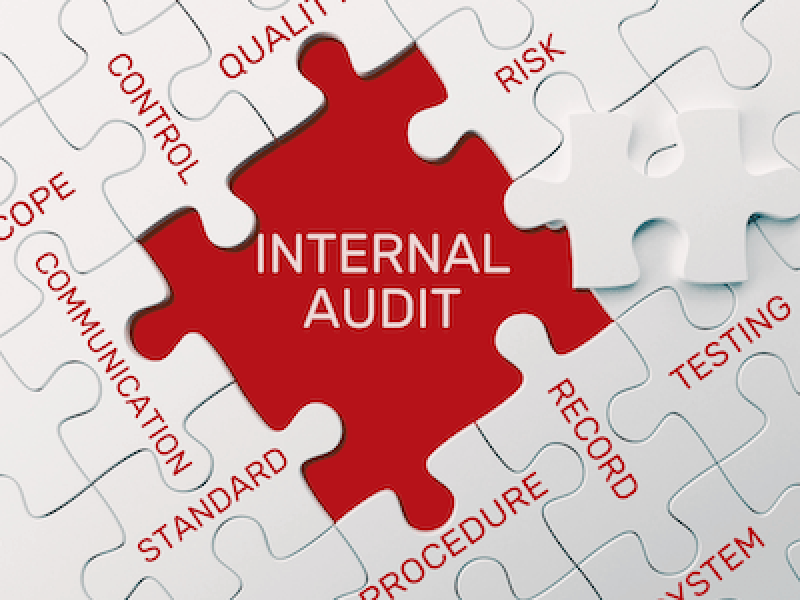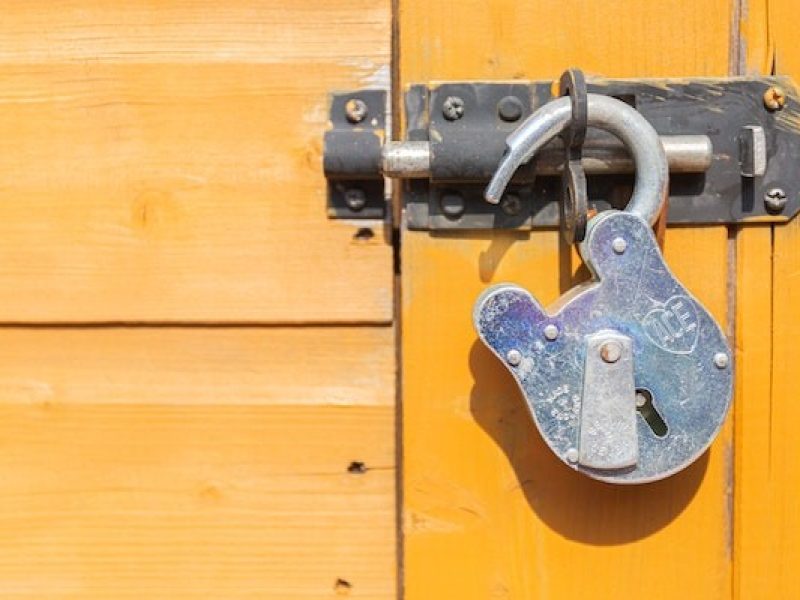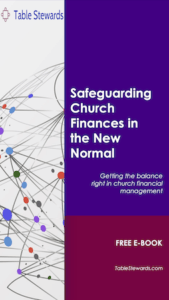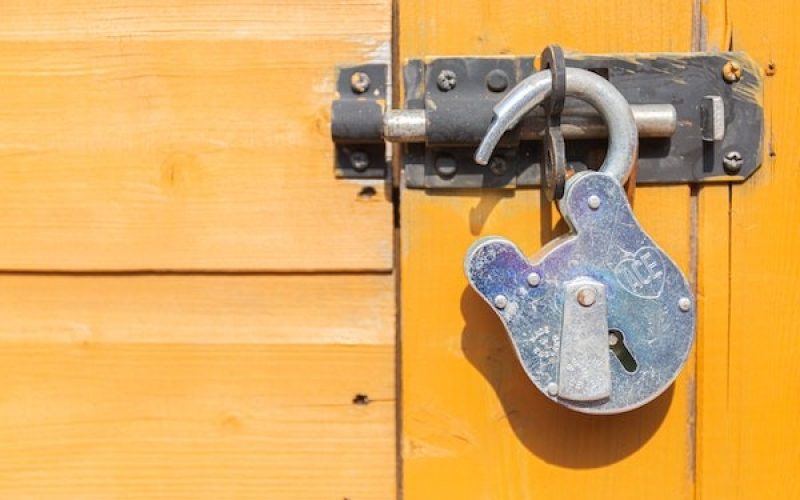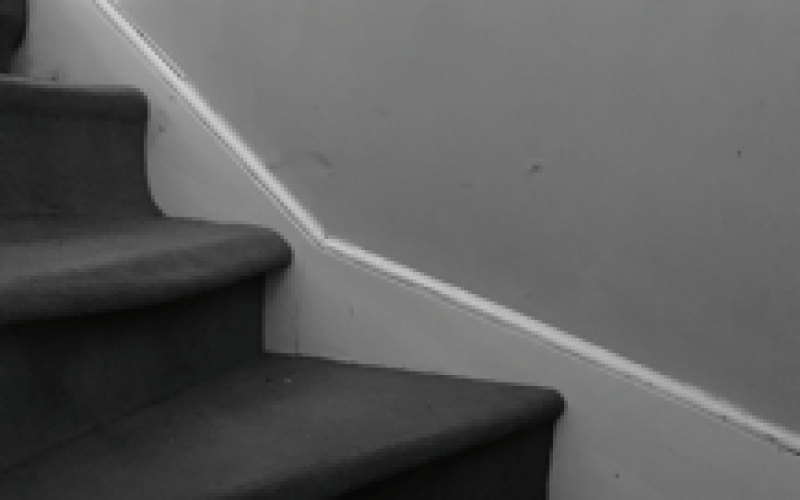Introduction
Cash will always be a relevant means of giving to churches and charities, be it via charity donation boxes or church service offering collection.
While a lot of churches and charities provide a variety of giving mechanisms such as online giving platforms, direct bank account transfers and bank card giving, the place of giving with cash cannot be eliminated.
There will always be a section of society that operate with cash such as children, some pensioners, and those who for various reasons are in circumstances that dictate so, or just prefer to use cash.
Your church or charity therefore needs to be ready to receive and protect cash income. You need to have the right controls in place to safeguard your cash income from misuse, misappropriation, or theft, while also promoting transparency and accountability.
This article takes you through why cash income controls are necessary in your church or charity, and each of the must-have cash income controls you need to implement.
Table Stewards uses a light-hearted scene setting approach to introduce its topics, but if you would prefer to dive straight into any part of the article, please click the relevant link in the table of contents above.
Scene Setting
The Learning & Development Committee are assembling for their pre-meeting with Coach Emmanuel before the masterclass.
Brother Badtrus: Oh My! The counting team just take things to the extreme! What is the difference between one note of 20 and 4 notes of 5s?
Elder Sam: No difference, why?
Sister Jane: Sure that’s not a trick question?
Brother Badtrus: Of course not. I went to the counting team to change a note of one 20 into four 5s and they refused, saying they have been asked to stop changing money from the collections.
Elder Sam: I see! There must be a good reason for that. Imagine if there is a queue of people wanting to change money. That could lead to confusion and misappropriation.
Sister Jane: As long as they keep good control, I don’t see why they can’t change money. Afterall, it’s changing the same amount, not giving out cash.
Coach Emmanuel: I hear your reasoning, but there is a risk that the distraction caused by money-changing, and the practice of tampering with cash income itself can mask theft and misappropriation.
Clear counting policies that are enforced help ensure that cash income is protected from such risks. Let’s dig deeper at the masterclass.
Why are Cash Income Controls necessary in Churches & Charities?
Churches and charities rely on giving and donations to carry out their activities. These can be in the form of cash, cheques, online giving or electronic transfers.
Out of all these means of giving, cash is particularly vulnerable to theft, misuse and misappropriation that may be difficult to trace.
Without proper controls in place to fully account for, and safeguard cash received, cash income is subject to these risks materialising.
Where cash income controls are lacking, it can affect the level of trust that givers place in the church or charity, as they cannot be assured that cash giving and donations are used for intended purposes.
Cash income controls are therefore important for churches and charities to ensure transparency, accountability, and efficient financial management, and to mitigate the risks of fraud, theft and misuse.
By implementing a system of effective cash income controls, churches and charities can safeguard their finances and maintain the trust of stakeholders in their mission.
The Must-Have Cash Income Controls
Let’s look at 5 must-have cash income controls that foster transparency, accountability and proper financial management, while mitigating the risks of theft, fraud, misuse and misappropriation.
-
Segregation of Duties
One must-have control for churches and charities is segregation of duties, also known as separation of duties.
This means that different individuals should be responsible for different tasks such as handling cash receipts, making deposits, reconciling bank statements, and preparing financial reports.
By separating these tasks among different people, you reduce the risk of one person having complete control over the entire process.
Separation of duties ensures that nobody can carry out unauthorised transactions without being detected by someone else.
For example, you should have a minimum of 2 people oversee the transportation of cash collections to the counting area, and a minimum of 2 people count and record the cash.
The storage of counted cash, and the subsequent deposit of the cash, or bank collection, is overseen by a different person or team, not involved in counting the cash.
Someone else, preferably from your finance department, prepares the financial reports, which then gets reconciled as part of your bank reconciliation processes.
Although a minimum of 2 people counting cash is a good control over misappropriation, there is still a risk of collusion.
The ideal is to have more than 2 people counting and recording cash, with regular rotation, to further minimise the risk of collusion.
See our article on preventing and detecting collusion to help you further manage this risk.
-
Physical Handling Controls
Physical handling controls are an essential aspect of managing the cash income of churches and charities.
These controls refer to the procedures that you put in place to ensure that all cash transactions, from collection to depositing, are handled correctly and securely.
Transporting collected cash securely to the point of counting is a key physical control to prevent loss or theft in transit.
This could be by ensuring that more than one person escorts cash collections, or by registration and reconciliation of sealed collection boxes, with appropriate security measures.
Where cash is to be stored before counting, an important physical handling control is the use of tamper-evident bags or seals for collecting or storing cash collected before counting.
This ensures that no one can access or remove money from the bag without leaving behind obvious signs of tampering.
After counting, you also need appropriate physical controls to store the cash before it is deposited in the bank or before it is collected by the bank, if your church or charity has a collection service.
You should use a safe, with appropriate access controls, to secure your cash collections during the time between collection and bank deposit.
Additionally, you should ensure that those responsible for depositing cash in the bank have been verified as trustworthy, and remain physically safe while carrying out this duty.
It is crucial that you deposit cash in a timely manner so as not to expose your church or charity to unnecessary risks.
-
Counting Procedures
Counting procedures are essential for your church or charity to maintain cash income controls, financial transparency and accountability.
It is crucial for you to have a clear and documented process for handling cash received from giving, donations, fundraisers, and other sources.
This will help provide you with better protection against potential theft, fraud or errors, and foster greater trust with givers.
Counting procedures should include clarity on who is authorised to handle cash, the number of people involved in counting the cash, how often it is counted, where and how it is counted, recorded and witnessed, and how to ensure the cash remains intact through its journey from collection to banking.
One effective counting procedure is to have at least two people present during the counting process. This helps prevent any mistakes or discrepancies while providing accountability.
Additionally, having a designated person oversee the entire operation can help ensure that all necessary steps are taken, and risks of collusion minimised.
Another important aspect of counting procedures is documentation to track and provide a clear audit trail of all your cash income.
The amount of cash received should be recorded immediately upon counting, with detailed descriptions of where it came from, e.g. specific fundraiser or church service collection, and its purpose e.g. for a specific project.
These records should be kept in a secure location accessible only by authorised personnel, to support financial record keeping, bank reconciliations and independent checks.
All cash collected should be kept intact from collection through to counting and banking. This is a must-have control against fraud and misappropriation.
You should have a separate process for authorising expenditure, which should not interfere with the cash income handling process and controls.
-
Bank Reconciliations
Bank reconciliations are a critical cash income control for your church or charity.
It is essential to regularly reconcile your bank statements to ensure that your financial records match your bank’s records, identify any discrepancies or errors, and prevent fraud.
By ensuring that all transactions are accurately recorded, reconciling bank accounts helps organisations maintain good stewardship practices over their finances.
This practice also prevents theft or other fraudulent activities from occurring as it identifies missing or altered transactions quickly.
The process involves comparing your bookkeeping records with the corresponding transactions recorded by the bank.
Any discrepancies should be immediately investigated to identify potential problems with internal controls or fraudulent activities. Read our article on bank reconciliations to learn more.
-
Monitoring and Review
Another important aspect you should consider when setting up an internal control system for cash income in churches and charities is regular monitoring and review.
This includes performing periodic audits or reviews by an independent party to ensure compliance with policies and procedures. Monitoring also serves as a deterrent to irregular or fraudulent practices.
The results of monitoring and review activities should be reported to a governance body with sufficient authority to take action where appropriate, such as your finance committee.
The existence of an active independent monitoring and review function also helps instil confidence among givers and stakeholders in your church or charity.
Conclusion
Implementing cash income controls is crucial for the financial stability and sustainability of churches and charities.
Without proper controls, there is a higher risk of fraud or mismanagement of funds, which can damage the reputation and credibility of your church or charity.
By establishing clear policies and procedures for handling cash income, segregating duties between multiple individuals, performing bank reconciliations, and independent monitoring and reviewing, your church or charity can reduce the likelihood of mismanagement or theft.
Maintaining transparency and accountability in financial operations helps build trust with stakeholders.
Read our other articles on:
- How to prevent internal control failure in churches and charities
- Why churches need good internal controls,
- Why risk management is necessary in churches and charities
- 6 Steps to risk management in churches and charities
- Good governance in church administration – 9 areas to get right


